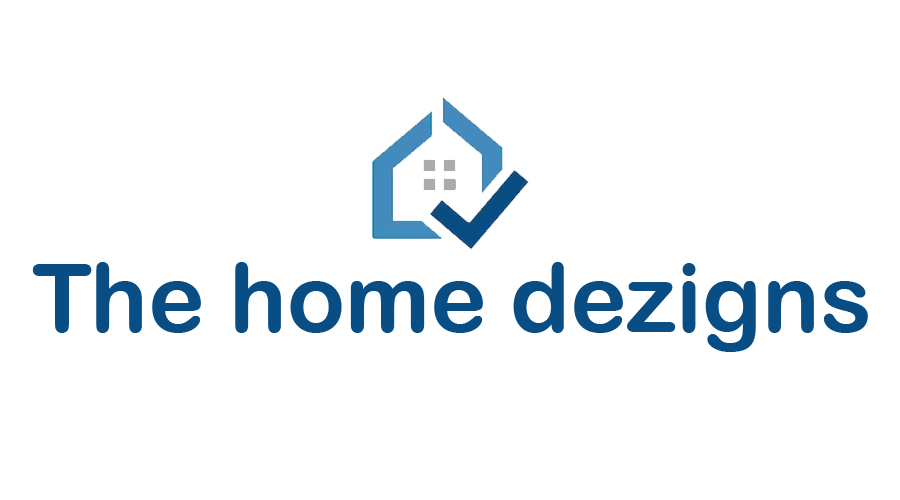Blocked drains in Melbourne are a common household issue that can be frustrating. While many chemical products on the market claim to unclog drains, they often contain harsh and potentially harmful ingredients.
Fortunately, there are several ways you can use to unclog a blocked drain without resorting to these chemicals. In this article, we’ll explore some of the best and safest ways for naturally clearing a blocked drain in Melbourne.
Boiling Water
Boiling water is one of the simplest and most effective methods for unclogging a drain without harsh chemicals. The hot water can dissolve grease and other substances, causing the blockage. Simply boil a pot of water and then pour it down the drain in stages, allowing the hot water to work through the blockage. Be careful when running the boiling water, and ensure it does not come into contact with other surfaces.
Baking Soda and Vinegar
Baking soda and vinegar are both natural cleaning agents that can unclog drains. Pour a cup of baking soda, and follow it with a cup of white vinegar. The chemical reaction between the ingredients will help to break down the blockage. Cover the drain and wait at least 15 minutes. After the time has elapsed, pour a pot of boiling water to flush away the blockage. This method effectively dissolves organic material, such as hair and soap scum, which may be causing the blocked drain in Melbourne. However, consult the experts before performing it to know if your fixtures can take the effects without damage.
Salt and Baking Soda
Combine salt and baking soda to create a powerful cleaning solution that can help unclog drains. Mix half a cup of salt and half a cup of baking soda, then pour the mixture down the drain. Let it sit for 15 minutes, then flush it with boiling water. The abrasive nature of the salt and baking soda helps to scrub away any buildup that may be causing the blockage. This method is particularly effective for removing grease and other sticky substances from the drain.
Plunger
A plunger is a standard tool found in every household. It’s highly effective for unclogging drains. First, use a plunger to fill the sink or bathtub with enough water to cover the plunger head. Position the plunger over the drain and plunge up and down vigorously several times. The suction the plunger creates can help dislodge any blockages and allow water to flow freely again. This method effectively removes blockages located near the surface of the drain.
Wire Coat Hanger
A wire coat hanger can remove the blockage if it is close to the drain opening. Straighten out the hanger and then bend one end into a small hook. Insert the hooked end into the drain and try to snag the blockage. Once you have a good grip on it, slowly pull it out of the drain. This method effectively removes hair and other debris that may be causing the blocked drain in Melbourne.
Wet and Dry Vacuum
A wet and dry vacuum can remove blockages from drains. Start by setting the vacuum to the wet setting, then place the hose over the drain. Turn the vacuum on and allow it to suck up any debris causing the blockage. This method effectively removes stubborn blockages that refuse to budge by other means.
Enzyme Cleaners
Enzyme cleaners are natural products that unclog drains. They work by breaking down organic matter, such as hair and soap scum, that may be causing the blockage. Simply pour the recommended amount of enzyme cleaner down the drain and wait for the recommended amount of time before flushing it away with hot water. This method effectively removes stubborn blockages that other means cannot remove.
Hydro Jetting
Hydro jetting is an advanced method of unclogging drains that involves using a high-pressure stream of water to break up blockages. Your Local Plumbing and Drainage professionals use hydro jetting and other advanced tools to eliminate the blockage.
Tips to Prevent Blockages
Preventing blocked drains in Melbourne from occurring in the first place is always the best solution. Follow these tips to help prevent clogged drains-
- Dispose of grease and oil in the trash, not down the drain. Grease can solidify in your drains and cause blockages.
- Use a strainer to catch hair and other grime before it goes down. It will prevent the debris from accumulating and causing a blockage.
- Regularly clean and maintain your drains to prevent buildup. Use baking soda and vinegar once a month to keep your drains flowing smoothly.
- Don’t flush anything down the toilet except for toilet paper and bodily waste. Items such as feminine products, wipes, and paper towels can cause blockages in your sewer system.
- Avoid pouring chemicals down the drain, as they can damage pipes and the environment. Instead, use natural methods to unclog your drains.
When to Call a Professional Plumber?
While these natural methods can effectively remove minor blockages, more severe ones may require a professional plumber’s help. Signs that you may need to call a plumber include-
- Slow-draining sinks or tubs
- Gurgling sounds coming from your pipes
- Foul odours coming from your drains
A professional plumber will have the expertise and tools to diagnose and remove the blockage safely and effectively.
Takeaway
There are many safe and effective methods for unclogging drains without harsh chemicals. From boiling water and baking soda to wire coat hangers and wet and dry vacuums, these natural methods can help keep your drains flowing smoothly. Remember to take steps to prevent blockages from occurring in the first place, and always consult a professional plumber if the blockage is too severe to be removed with these methods.
Your Local Plumbing and Drainage is a team of expert plumbers capable of quickly eliminating all plumbing woes. Contact them when the plumbing installations refuse to behave. Whether it’s a blocked drain or any other issue the experienced plumbers can solve these in a jiffy.

